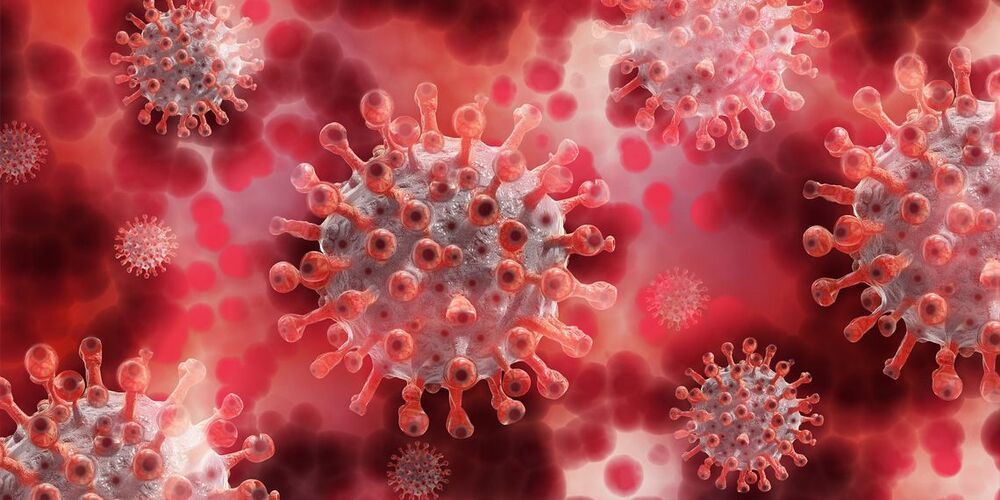After controlling for factors such as age, sex, handedness, first language, education level, and other variables, the researchers found that those who had contracted COVID-19 tended to underperform on the intelligence test compared to those who had not contracted the virus. The greatest deficits were observed on tasks requiring reasoning, planning and problem solving, which is in line “with reports of long-COVID, where ‘brain fog,’ trouble concentrating and difficulty finding the correct words are common,” the researchers said.
People who have recovered from COVID-19 tend to score significantly lower on an intelligence test compared to those who have not contracted the virus, according to new research published in The Lancet journal EClinicalMedicine. The findings suggest that the SARS-CoV-2 virus that causes COVID-19 can produce substantial reductions in cognitive ability, especially among those with more severe illness.
“By coincidence, the pandemic escalated in the United Kingdom in the middle of when I was collecting cognitive and mental health data at very large scale as part of the BBC2 Horizon collaboration the Great British Intelligence Test,” said lead researcher Adam Hampshire (@HampshireHub), an associate professor in the Computational, Cognitive and Clinical Neuroimaging Laboratory at Imperial College London.
“The test comprised a set of tasks designed to measure different dimensions of cognitive ability that had been designed for application in both citizen science and clinical research. A number of my colleagues contacted me in parallel to point out that this provided an opportunity to gather important data on how the pandemic and COVID-19 illness were affecting mental health and cognition.”





